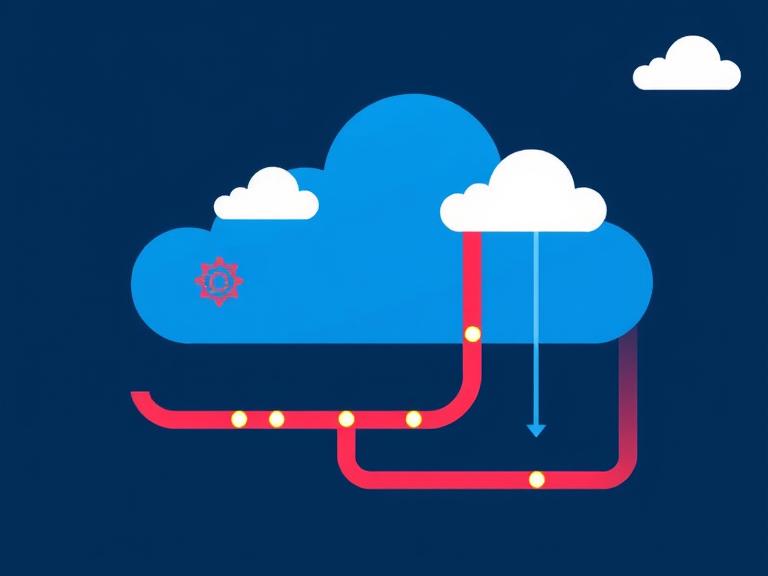CI/CD (Continuous Integration and Continuous Deployment) pipelines are essential for modern software development. They automate the process of building, testing, and deploying code, enabling faster and more reliable releases. When implemented in the cloud, CI/CD pipelines offer even more flexibility, scalability, and collaboration potential.
Continuous Integration (CI) is the practice of regularly merging code changes into a shared repository. Automated tests run immediately to catch bugs early. Continuous Deployment (CD) goes a step further by automatically deploying every change that passes testing to a production environment.
Benefits of CI/CD in the cloud include:
- Scalability: Handle large projects and multiple teams with ease.
- Flexibility: Integrate with various tools and services.
- Faster time to market: Changes are tested and released faster.
- Improved code quality: Automated tests and code reviews are built into the pipeline.
Popular cloud CI/CD tools:
- GitHub Actions – Integrated into GitHub, supports containers, tests, and deployments.
- GitLab CI/CD – Full DevOps lifecycle in one platform.
- CircleCI – Cloud-based and developer-friendly with Docker support.
- AWS CodePipeline – Native CI/CD service for AWS workloads.
- Azure DevOps Pipelines – Great for Microsoft stack projects.
A typical cloud pipeline includes stages like:
- Source: Trigger from a repository (Git).
- Build: Compile code, run unit tests.
- Test: Perform integration or UI testing.
- Deploy: Push code to staging or production.
Cloud CI/CD enables teams to release confidently and often. Whether you’re a solo developer or an enterprise team, learning how to build and manage pipelines in the cloud is a vital DevOps skill.

Leave a Reply